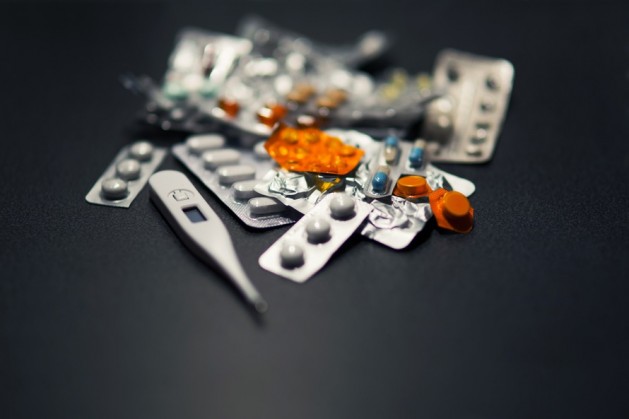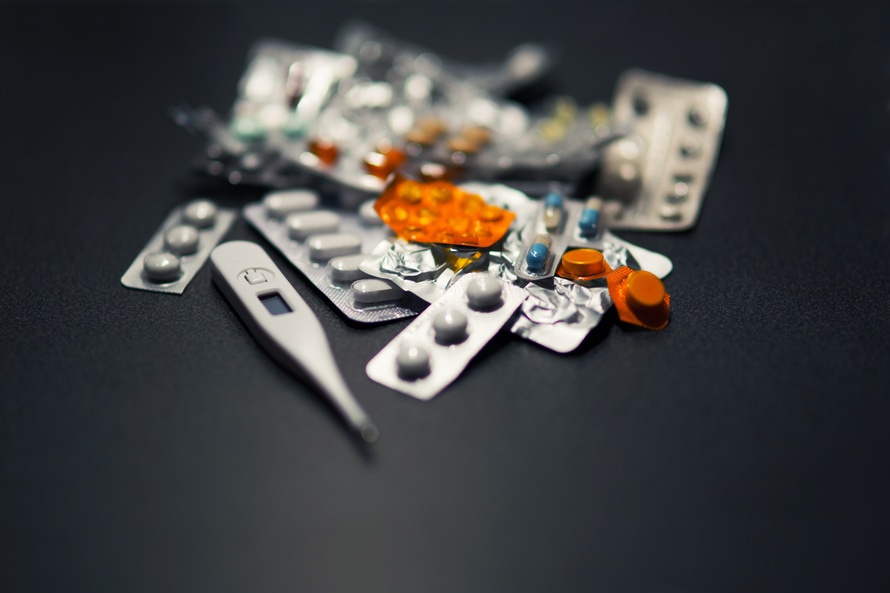
3 over-the-counter meds you shouldn’t take
Whenever you’re feeling a bit under the weather, you can pop into any neighborhood drugstore and grab something off the shelves that will make your symptoms a little more manageable. Most of us are so used to reaching for an over-the-counter medicine to resolve any discomfort, from headaches to stomach issues, that we rarely think twice about it. But maybe we should: many over-the-counter meds are more dangerous than most of us realize. Here are a few to avoid.
Aspirin
Aspirin is one of the oldest over-the-counter medicines still on the market today and it’s based on willow bark, a natural ingredient. However, some people say that if it went up before the FDA today for approval, aspirin probably wouldn’t receive OTC status. Although aspirin has some benefits and is sometimes prescribed as a preventative treatment for people at increased risk of heart attacks, it has more risks than benefits for regular use in most people. Because aspirin is a blood thinner, it can cause easy bruising and excessive bleeding.
Acetaminophen
Acetaminophen, more commonly known as Tylenol in the U.S., is one of the most commonly used over-the-counter drugs. By itself, a small dose of acetaminophen is not particularly dangerous. The real danger of acetaminophen is that the difference between a safe dose and a risky dose is relatively small. Because acetaminophen is found in so many other over-the-counter medications, particularly those for colds, it is extremely easy to accidentally exceed the safe daily limit. When you take too much acetaminophen—more than 4,000 mg in a day—it greatly increases the risk of severe or even fatal liver damage. Considering that many people take two 500 mg tablets at a time, you can see how easy it would be to reach dangerous levels, especially if you are also taking a multi-ingredient cold medicine that contains acetaminophen at the same time.
Antihistamines
Antihistamines are an allergy sufferer’s best friend. The problem is that anyone who’s ever taken a dose of Benadryl knows that it can give you a one-way ticket to snooze-town. Most antihistamines were originally available by prescription only and are now available over-the-counter, which is great when you need to save money on doctor visits. But antihistamines also have a sedating effect, which can be dangerous if you take too much. This is especially risky if you’re also taking other sedating medications like prescription anti-anxiety meds like Xanax.
Combining Medications
The real risk of most over-the-counter medicines is not in the medications themselves but in how they may interact with other substances you take. For example, the risk of liver damage from acetaminophen increases greatly if you drink alcohol with it. Alcohol also increases the risk of potentially fatal reactions from antihistamines because it can slow down your respiratory system too much.
Remember to consider the over-the-counter herbal supplements you take as well. St. John’s Wort can be effective when taken for depression but can cause the dangerous “serotonin syndrome” if taken along with prescription antidepressants. Caffeine pills taken with decongestants—whether prescription or over-the-counter—can cause increases in blood pressure that can be especially risky if you already have underlying heart problems or high blood pressure. Always check with your pharmacist about possible drug interactions, even with over-the-counter meds or supplement, and always follow the dosing directions. It’s easy to brush off the recommendations as no big deal and ignore them, but following them could save your life.



